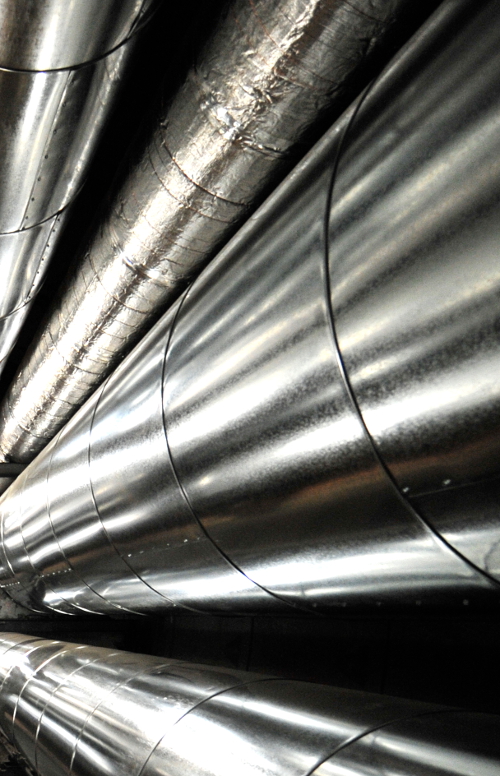New pipe to pump modern volumes in Victoria
 Work has started on a $400 million Esso Australia pipeline project in Victoria.
Work has started on a $400 million Esso Australia pipeline project in Victoria.
The original pipeline has been transporting crude oil and condensate from Longford to Long Island Point since 1969. It was partially replaced in 1980, but Esso Australia says it is now nearing the end of its operational life.
So a 187km long replacement has been lined up, which should take up to take two years to complete.
Esso Australia chairman Richard Owen said it was a major upgrade.
“It's a better pipe, [with a] smaller diameter because we're producing less oil out of Bass Strait at the moment and that's because of natural decline as we develop and produce the reserves,” he said.
“It's a reminder we need to keep making changes in our business.”
The new pipeline will have a 350mm internal, a reduction from the original 700mm diameter.
About 500 full time jobs are expected to be created for the construction of the new pipeline, but it is unclear just how many of those will go to local workers.
Mr Owen would not shed any light on the source of the workers, but did note that as most of the construction would occur on private property, it will not disturb communities it passes through.
“From the community point of view, they'll see more activity, there will be more people as things are being built and work continues down the pipeline length, they'll see some trucks on the roads,” he said.
“Other than that there shouldn't be much disruption to people.”
Minister for Energy and Resources Lily D'Ambrosio called the project a “win-win”.
“This is great news for Gippsland. We can see that a 187km pipeline running through many towns throughout Gippsland is going to be a big boom to the local economy and local jobs,” she said.
“But also we know ExxonMobil [Esso's parent company] has been committed to not only getting supplied for the project, 90 per cent from local suppliers, [and] more than half of the jobs created come from local communities.
“Seventy per cent of Victoria's needs — household and industry — rely on this gas pipeline to supply their needs. It's a great benefit to local economies … but also an important reminder of how reliant we are as a state on a good reliable gas supply.”
A local Aboriginal elder, Gunai Kurnai Land and Water Cooperation chairwoman Auntie Beryl Booth, was at the ceremonial launch of the pipeline's construction.
“I think we do a lot of signing on agreements and negotiations around the table, which is paper in door activities, but when you're doing something actually like here today seeing what's happening for me it felt a bit emotional thinking [about] the past, how our people's ancestors walked the land and today seeing it be dug up is a bit emotional for me,” she told the ABC.
“But having said that I think when we do these things on our country that it means more than just signing a bit of paper when you're meeting people who are working in this area.
“It just gives you that understanding that we must move ahead, take past and move forward for the future.
“But you can't go forward without not knowing the past.”








 Print
Print